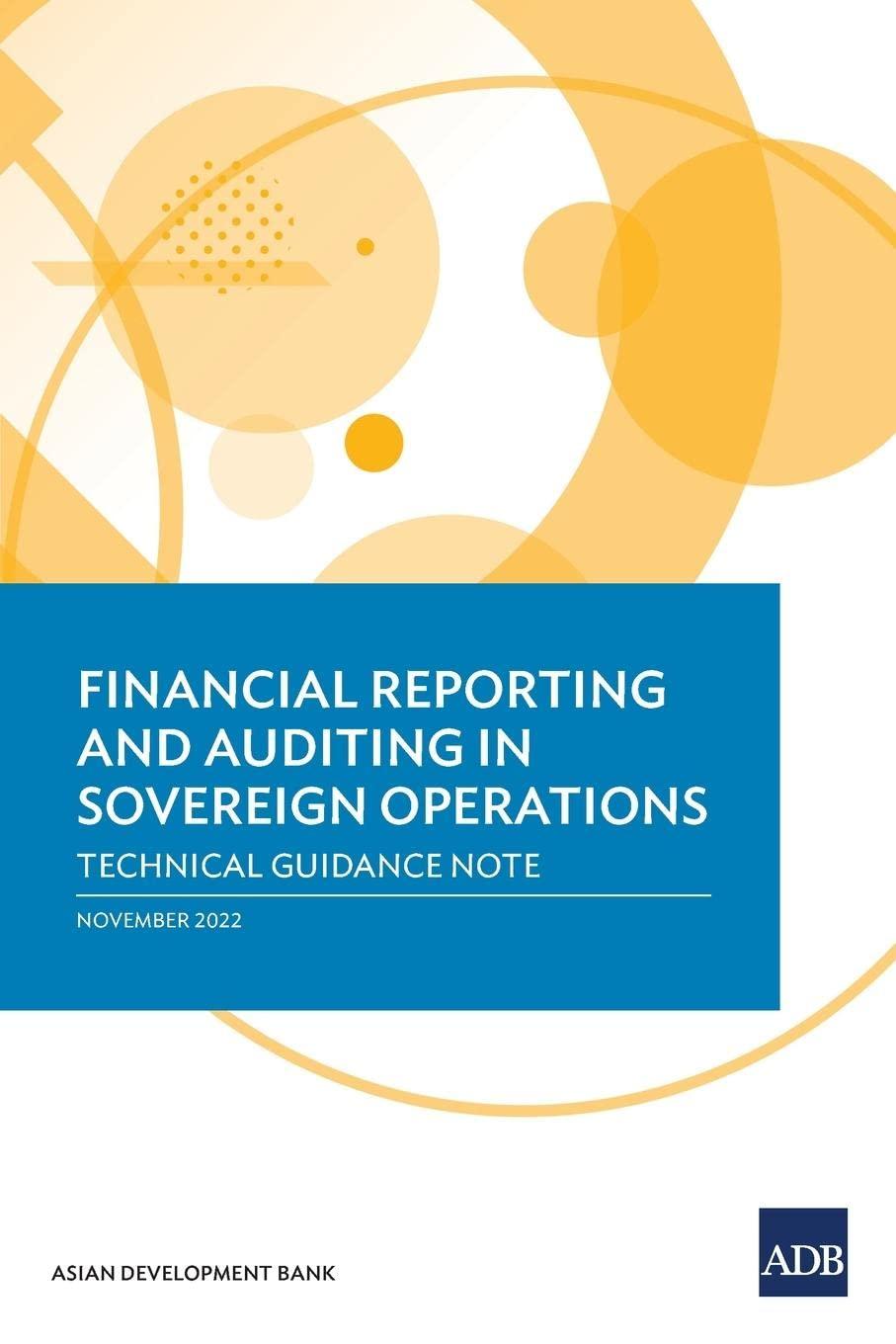Fall Semester 2018 PA302 Chapter 1 Review 08/30/2018 1. A social researcher who joins a group of skinheads in order to study their recruiting tactics employs the method of research known as a the experiment. b. meta-analysis. c. content analysis. d. participant observation. e. secondary analysis. 2. A researcher who spends several months working at a fast-food restaurant to understand whar it is like to work in the service industry engages in what type of research? a. Experimental research b. Content analysis c. Secondary analysis d. Participant observation e. Survey research 3. A hypothesis is a(n): a. fundamental unit of scientific observation. b. statement of the relationship between two or more variables c. scientific fact of truth. d. observable and measurable variable. 4. A psychologist divides subjects in a research study into groups where they receive either a placebo or an experimental medication. What type of research is this? a. Experimental research b. Content analysis c. Secondary analysis d. Participant observation e. Survey research 5. A sociologist is interested in how domestic violence is reported in the media, and analyzes news articles from a large city over the course of a year. What type of research is this? a. Experimental research b. Content analysis c. Secondary analysis d. Participant observation e. Survey research 6. Someone who ranks a list of cities from slowest to fastest pace of life is operating at the level of measurement. a. nominal b. ordinal c. interval Fall Semester 2018 PA302 Chapter 1 Review 08/30/2018 1. A social researcher who joins a group of skinheads in order to study their recruiting tactics employs the method of research known as a the experiment. b. meta-analysis. c. content analysis. d. participant observation. e. secondary analysis. 2. A researcher who spends several months working at a fast-food restaurant to understand whar it is like to work in the service industry engages in what type of research? a. Experimental research b. Content analysis c. Secondary analysis d. Participant observation e. Survey research 3. A hypothesis is a(n): a. fundamental unit of scientific observation. b. statement of the relationship between two or more variables c. scientific fact of truth. d. observable and measurable variable. 4. A psychologist divides subjects in a research study into groups where they receive either a placebo or an experimental medication. What type of research is this? a. Experimental research b. Content analysis c. Secondary analysis d. Participant observation e. Survey research 5. A sociologist is interested in how domestic violence is reported in the media, and analyzes news articles from a large city over the course of a year. What type of research is this? a. Experimental research b. Content analysis c. Secondary analysis d. Participant observation e. Survey research 6. Someone who ranks a list of cities from slowest to fastest pace of life is operating at the level of measurement. a. nominal b. ordinal c. interval








